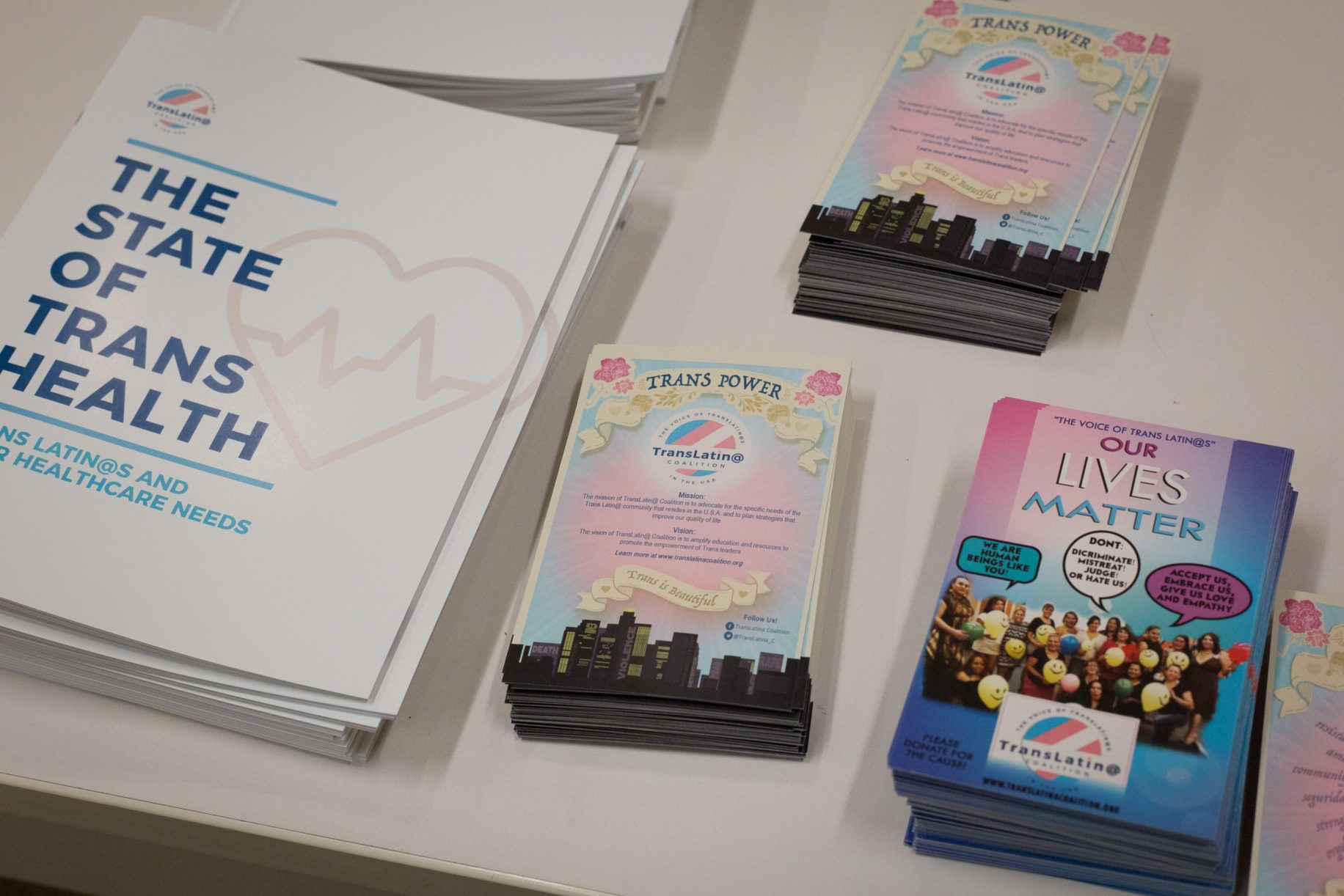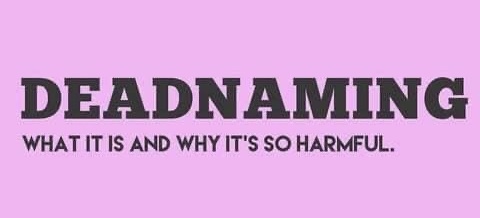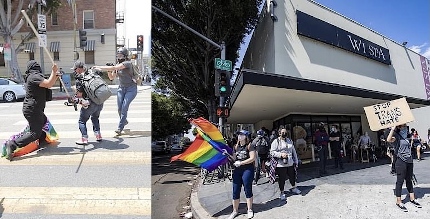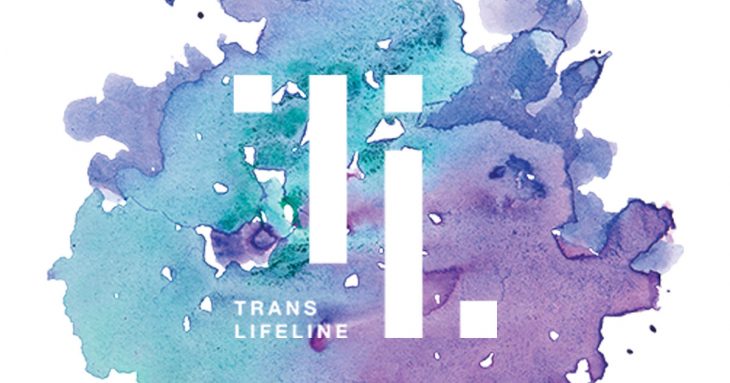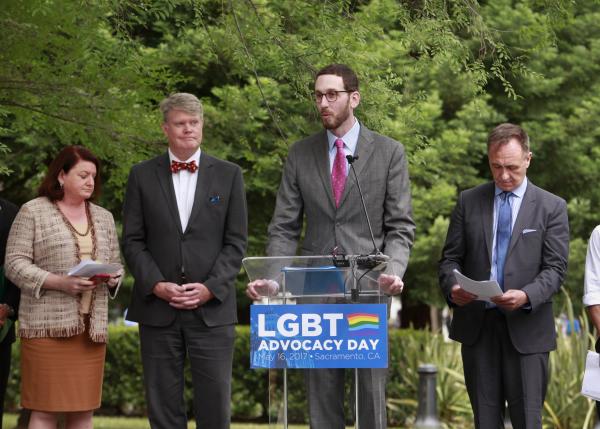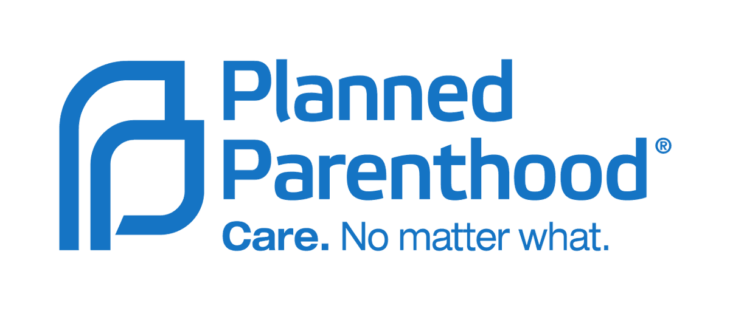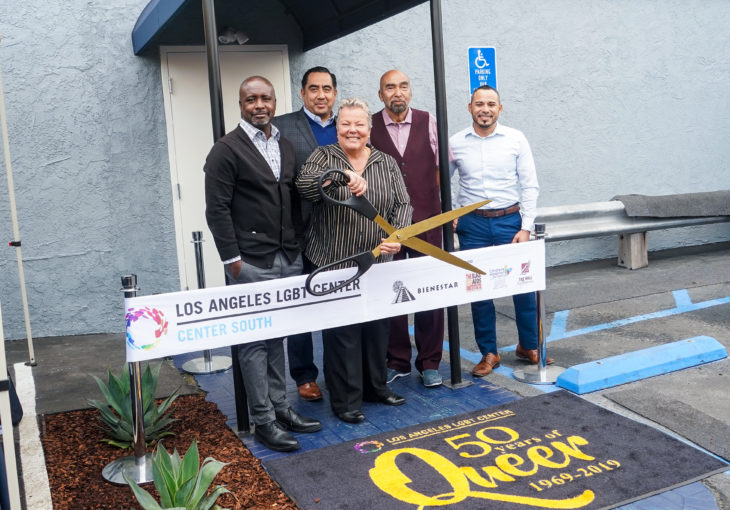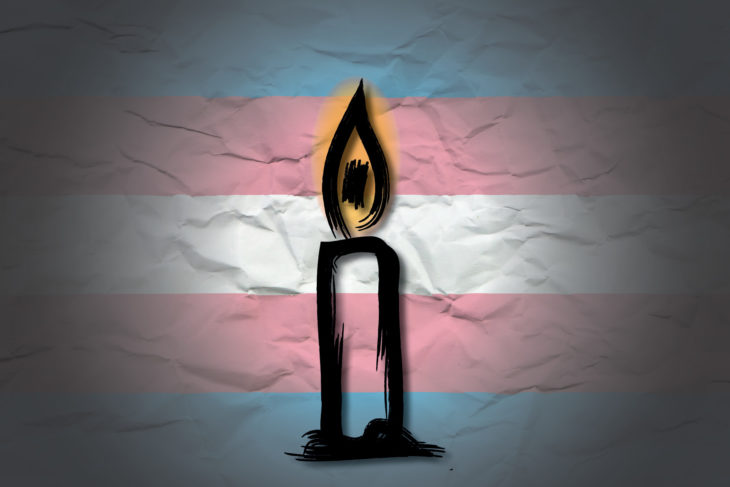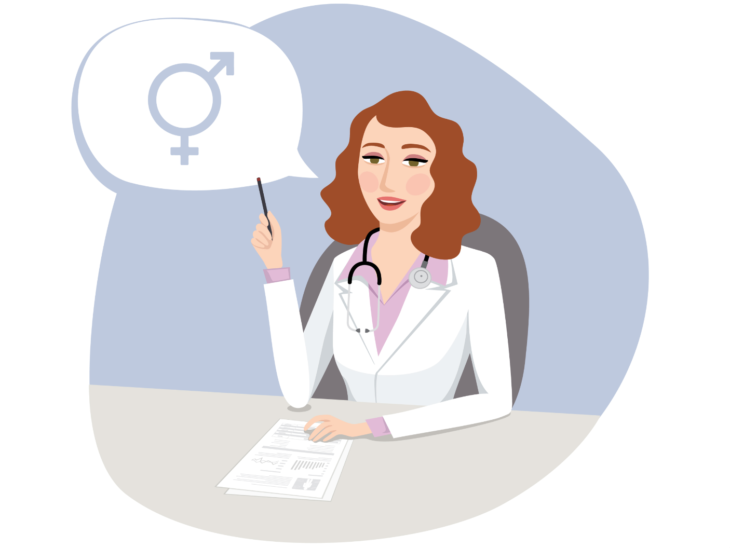
BY JACQUELINE CARAVES, PHD | Trans people experience injustice and discrimination in every realm of their lives.
Violence against the Trans community is at an all time high. With a total of 24 Trans people being killed this year alone, The Advocate has called 2016 the deadliest year on record for the Trans community.
Of those murdered this year, close to 90% were Trans women of color. According to the largest study on Trans discrimination in the U.S., Injustice at Every Turn, Trans people of color face higher rates of poverty, homelessness, HIV positive status, and attempted suicide.
For undocumented Trans Latin@s discrimination is exacerbated. On November 20th, Transgender Day of Remembrance, we honored Trans lives that were lost to anti-Trans violence. In honoring those who courageously passed in the face of violence, we must also honor and ensure the victory of Trans individuals who are still here.
In an effort to do just that TransLatin@ Coalition, which is a Trans led and Trans run national nonprofit organization advocating for the dignity and respect of Trans Latin@s, lives its daily mission. Earlier this week, TransLatin@ Coalition released its groundbreaking report, “The State of Trans Health: Trans Latin@s and their Healthcare Needs.” The report brings visibility to the needs of the Trans Latin@ community in Southern California, and an understanding of the various components of Trans Latin@ lives and what allows them to be physically, socioeconomically, and emotionally healthy individuals.
I joined with TransLatin@ Coalition President and CEO Bamby Salcedo to put together this timely and necessary report. The report was developed using a community-based participatory research approach. Community members and organization representatives were involved in all aspects of the process. Salcedo, Caraves, and members of TransLatin@ Coalition contributed their knowledge and expertise in the decision-making process of the research design, from collaborative development of the survey, to the collection of surveys, analysis of the data and writing of the report.
Surveys were conducted from January to August 2016, and 129 individuals participated from key areas in the Southern California area, including Los Angeles, Long Beach, San Diego, San Gabriel Valley, San Fernando Valley, and Santa Ana. Key findings in the report center on access to six categories: housing, employment, medical healthcare, sexual healthcare, mental healthcare, and spiritual health.
Of the 129 participants 57% reported earning less than $10,000 a year, and 26% of participants are undocumented immigrants. When it comes to housing, close to 33% of participants are homeless, living in temporary housing, or rely on someone else to pay for housing. The largest group are those who are unemployed (26%), and only 20% of all participants have full-time employment.
When it comes to health insurance, the survey found that close to 50% of participants have Medical or Medicaid, and 28% of participants have no health insurance coverage at all. When participants are in need of healthcare, 31% reported going to the emergency room, which can become very costly, very quickly. In regards to mental health, 51% of participants reported currently experiencing anxiety, and 26% are currently experiencing depression.
A majority of participants reported that when it comes to both medical and mental healthcare, a lack of personal resources and long distances from services resulted in not receiving the healthcare they need. Accordingly, 43% of participants strongly agree that their mental health needs are not being met because of a lack of support groups. In all cases, fear of discrimination from practitioners and staff resulted in needs not being met. The report is an important snapshot and highlights the great need to have Trans-competent medical and mental health practitioners on staff to best serve this community.
One surprising finding was the affinity for spiritual services. An overwhelming majority (76%) indicated that they believe their spirituality is important to their overall health and well-being. In addition to peer support groups, and the support of Trans friends and accepting family members, spirituality is a major source of resilience and empowerment in the Trans community.
Ultimately, this report is a call to action for employers, service providers, medical and mental health practitioners, legislators, and key stakeholders in the community. It is not enough to only honor Trans lives in November; we must honor and remember Trans lives everyday. Hire Trans people if you are an employer. Treat Trans people with the dignity and respect they deserve as your patients, clients, peers, and fellow human beings. Join hands with the Trans community and break down the barriers that a lot of Trans people face just by the nature of their gender identity. Trans violence and discrimination is not a Trans issue, it is a human issue.
You can read, download, and share the report at www.translatinacoalition.org.
Jacqueline Caraves is a PhD Candidate, UCLA and Co-Principal Investigator of TransLatin@ Coalition’s New Report “The State of Trans Health: Trans Latin@s and Their Health Care Needs.”

